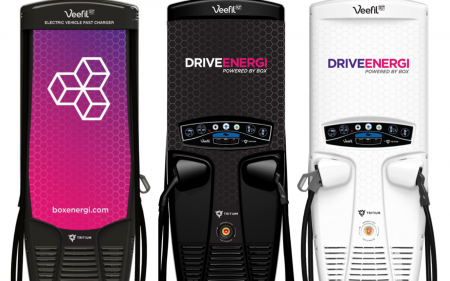There are all manner of terms and acronyms in the EV segment – we’re explaining the ones to keep in mind.
If you’re in the market for an electric car, you may have already encountered the sometimes bewildering number of terms and acronyms that are strewn across the segment. Knowing what they all mean – and which ones are important – can feel quite daunting, to begin with.

However, we’re going to be taking a look through some of the key EV terms that you really need to know. So let’s dive in.
Battery
A battery is the core of an electric vehicle. After all, without a battery, an EV has nowhere to store energy which wouldn’t allow it to travel.
You’ll see batteries measured in kilowatt hours – or kWh – and the higher the number that precedes it, the larger the battery, and likely the more range it’ll offer. For instance, the Mercedes EQS has a 107.8kWh battery, which is capable of delivering up to 453 miles of range.
Charging
Charging is how you’ll keep your electric vehicle topped up. Compared with filling up a petrol or diesel car, there are a number of options, however. Everything is measured in kilowatts – or kW – too, with a higher number of kilowatts meaning a quicker charge.
Slow charger
A slow charger, predictably, is one that’ll give a more modest supply of energy to an electric car. They’re usually rated around 3.6kW and might include charging locations such as those located in streetlamps and kerbs in urban areas. These are best for overnight charges, as they’ll need more time to fully charge an EV.
Read more: ExpressandStar
It’s Time to Go Green!
If you would like to know more about Solar Panels and the PowerBanx range of home battery systems, and get a free instant quote, please complete our online form:

